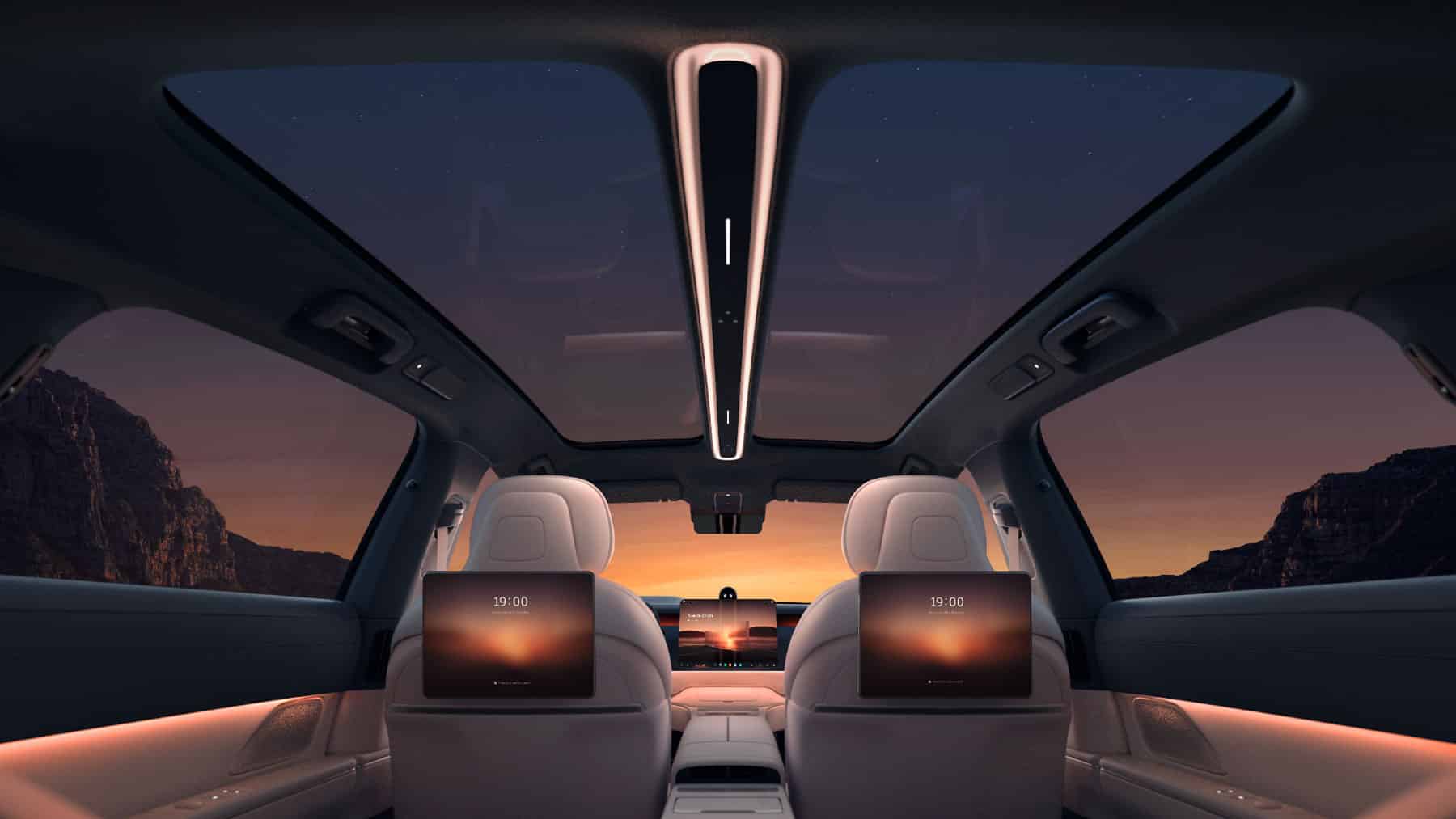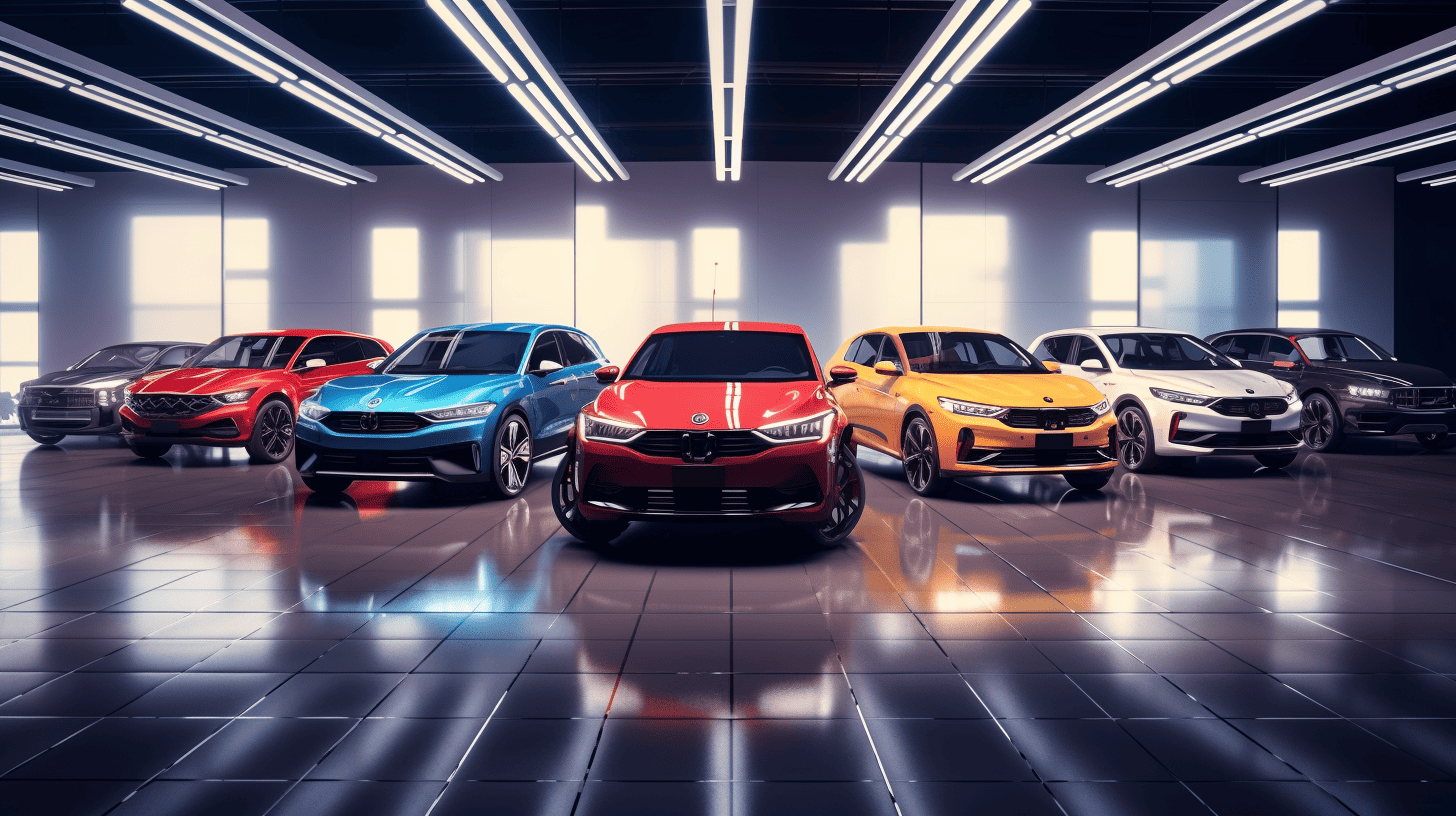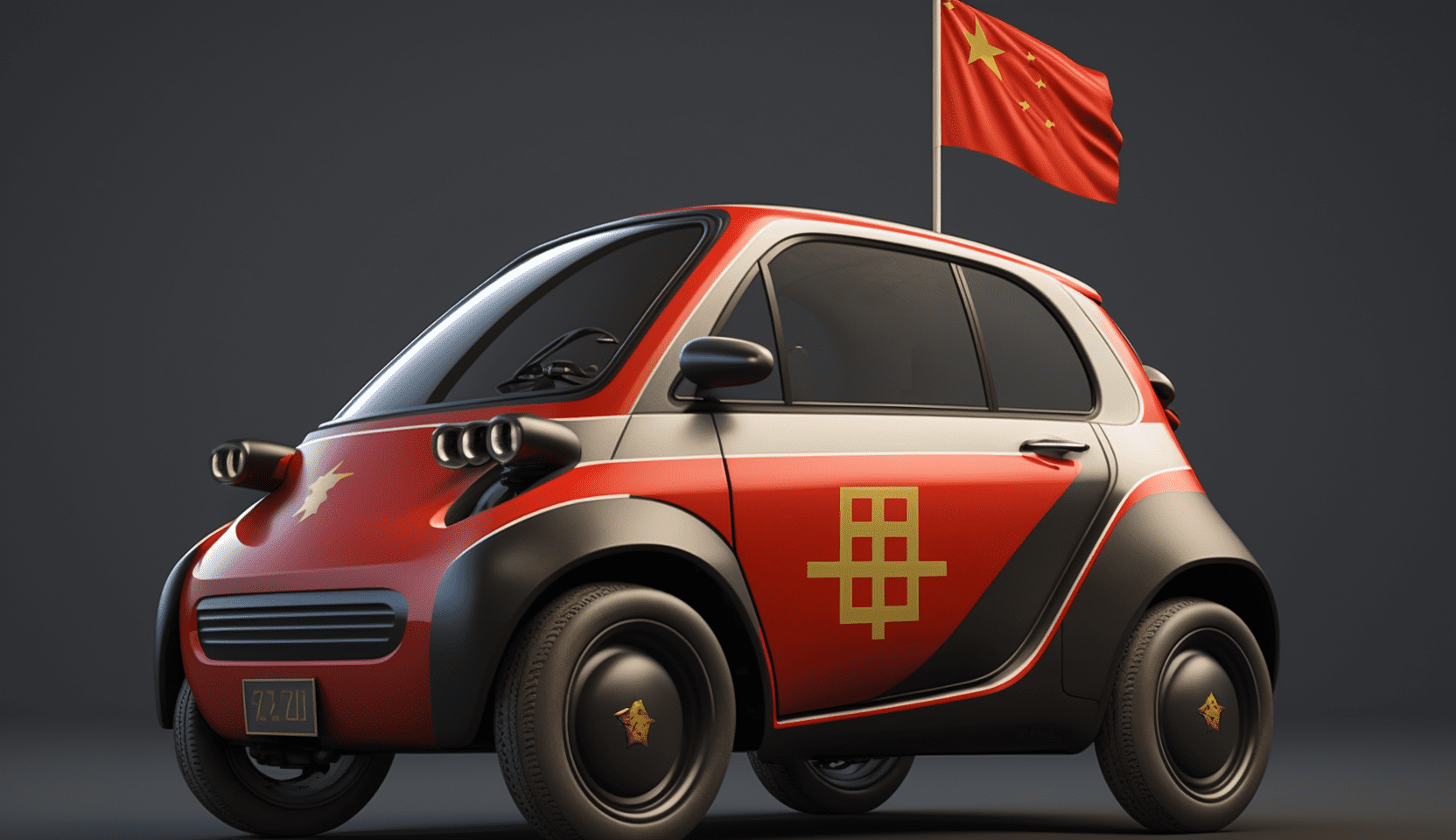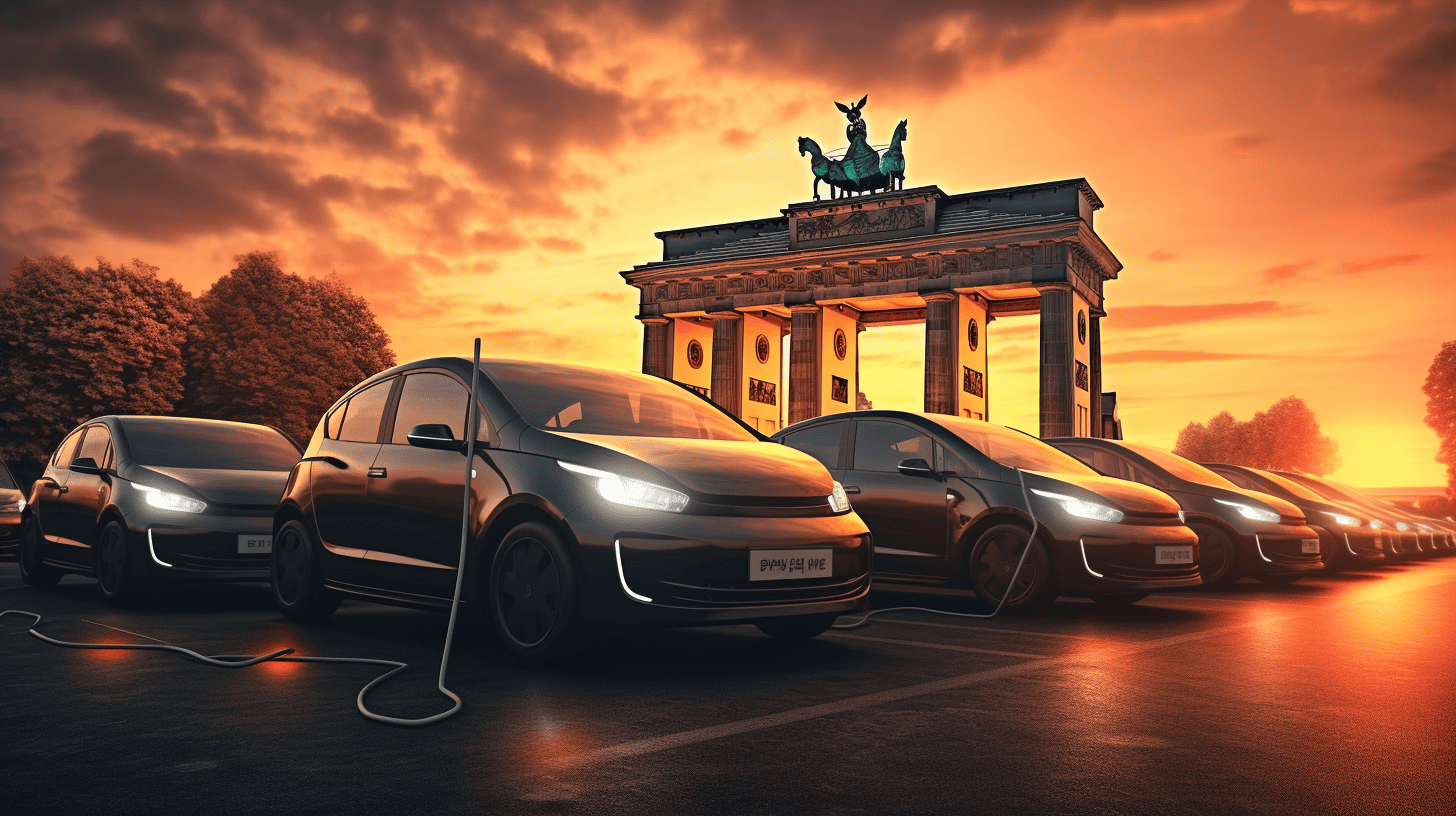
December 2023 was a dark month for the Germans and their now highly controversial government. The Federal Constitutional Court (BVG) declared the budget drawn up by the ‘traffic light government’ unconstitutional. Tens of billions of euros were suddenly missing for investments that had already been safely planned.
Abolition of the “environmental bonus”
Among other things, the environmental bonus for electric vehicles was abolished without replacement from one day to the next. On Saturday, December 16, Economics and Climate Minister Habeck declared the end and only allowed applications for the bonus for already registered electric vehicles until Sunday evening. Electromobility had been set back significantly from one act to the next. On the following Monday, the phones at car dealerships would not stop ringing, as thousands of car buyers now found themselves cheated out of more than 4,500 euros.
But the OEMs reacted quickly
Over the course of the following week, more and more OEMs declared that they would pay the government’s share of the bonus out of their own pockets until at least December 31, 2023, with some even going so far as to cover the originally planned reduced environmental bonus in 2024 until the end of the first quarter. It was a logical step because otherwise, the slump in electric car sales would have been a horror for manufacturers.
Luxury OEMs not affected
In contrast, suppliers of luxury electric vehicles were not affected at all. Expensive vehicles didn’t get the bonus in the first place. A Tesla Model S just as little as an Audi e-tron GT, Porsche Taycan, Mercedes-Benz EQE, or EQS.
Deceptive safety
While all OEMs and industry insiders agree that the market segment below 30,000 euros is now more difficult to serve, it quickly became clear that the affordable electric car segment would now come under even more pressure – especially from Chinese suppliers. Their financial “maneuvering mass” is generally considered to be greater than that of German OEMs such as Audi and VW, of which some models are still operating at a loss.
Pressure on the luxury class
Since December 23, OEMs such as Mercedes-Benz, BMW, and Porsche are likely to have pricked up their ears. On NIO Day 2023, the eloquent Chinese CEO William Li presented the NIO ET9, a top-of-the-range saloon.

For the equivalent of less than 120,000 euros, it will give the European establishment a run for its money from the beginning of 2025. With a length of 5,324 mm, a wheelbase of 3,250 mm, rear-axle steering, more than 700 hp, and a 120 kWh battery (which can even be swapped in a matter of minutes) based on a 900-volt architecture (up to 600 kW charging power), the fully equipped luxury electric vehicle aims to conquer customers from the German premium manufacturers (Mercedes-Benz EQS, BMW 7 Series and Audi A8). The chances of this are good because, in addition to luxurious equipment, the crossover saloon boasts electronic suspension from ClearMotion, which aims to redefine the word “sedan”.
Financially speaking, NIO is currently in a formidable position, thanks to the support of the Chinese government and a significant investment by Abu Dhabi – the Gulf state bought 300 million NIO shares shortly before the ET9 was unveiled. In the meantime, even the Bank of America has articulated a “buy rating” for the Chinese company.
Difficulties for German electromobility
In Germany, 2024 will be very difficult for electromobility. None of the OEMs were prepared for the traffic lights’ disastrous industrial, energy, and subsidy policy. VW & Co has virtually nothing for the average consumer. On the other hand, they are likely to reorient themselves and demand more affordable combustion engines. By the time the Germans can finally offer cheaper electric vehicles from mid-2025, the Chinese will likely have already done the business. And another loser is already clear: the climate.
NIO will not remain a flash in the pan, so the German OEMs will have more battles to fight in 2025. China’s car industry wants to dominate all markets. And nobody seems to be able to stand up to it now.
And Germany? It has shot itself in the foot once again with its traffic light policy.







